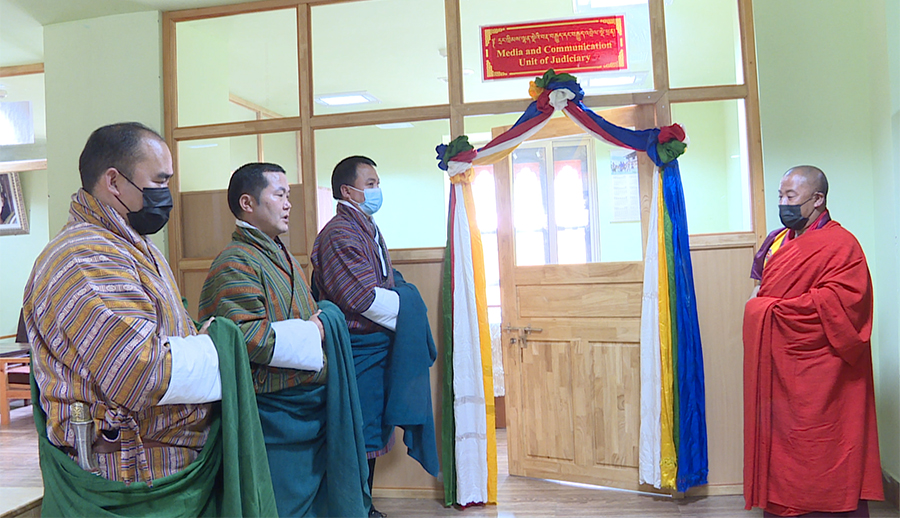
In recent times, mainstream and social media have been rife with posts that maligned the country’s judiciary and its employees. The judicial system has often faced allegations of biased judgments and miscarriage of justice.
This, for the Supreme Court, is an unhealthy move as the public could gradually thrive on unverified information, losing trust and faith in the judiciary. In view of this, the highest appellate court established a “Media and Communication Unit yesterday.”
The unit, headed by the Senior Court Registrar of the Supreme Court will strive to bridge the communication gap between the judiciary and the public. It will ensure the dissemination of credible and accurate information by the mainstream and the electronic media.
“We will not listen to the one side of the story. Instead, we will investigate even the grievances or allegations posted on social media and see where the issue is. We will contact relevant authorities and collect accurate information and then disseminate it to the people,” said Gyembo Dorji, the Registrar General of the Supreme Court.
The press release from the Supreme Court underscored that media content related to the judiciary must be well researched, honest and balanced.
“While we the judiciary will continue to acknowledge fair, independent, and accurate media establishments, we will take measures against irresponsible and inaccurate media reports,” the Registrar General added.
However, the Media and Communication Unit will assess any allegations against the judiciary and its employees.
In cases where allegations are found to be true, the unit will facilitate the judicial body to take appropriate actions against the concerned employee.
If the allegations are false, the unit will help the judiciary to take befitting actions against any persons or individuals defaming the justice system.
Karma Wangdi
Edited by Pema Lhaden








